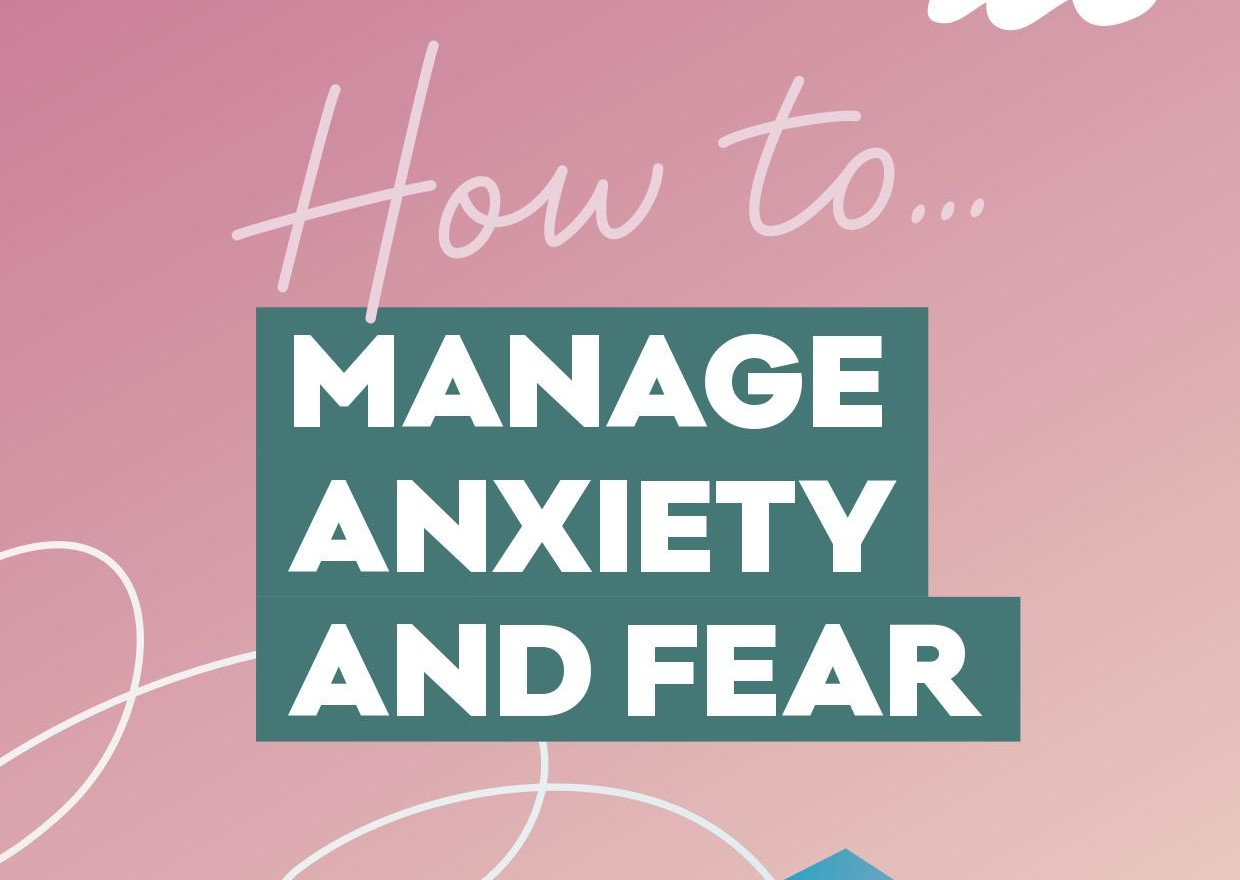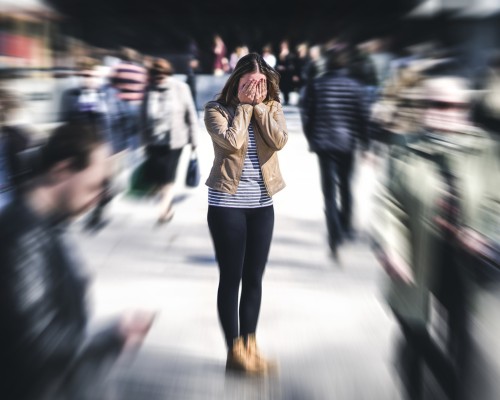Wildfires. Document-breaking temperatures. Harmful air high quality. Apocalyptic headlines.
This summer time has highlighted the impacts of local weather change, and even those that had been feeling comparatively secure are dealing with a brand new actuality: Local weather change is already taking place, and it’s going to have an effect on all of us. Along with all of the minor annoyances and inconveniences (Canceled flights! Uncomfortable commutes! Restrictions on out of doors train!), these local weather change occasions current actual and critical threats not solely to bodily well being and security, but in addition to psychological well being. Within the face of those situations, persons are feeling a variety of detrimental feelings—unhappy, scared, overwhelmed, anxious—which can be resulting in new phrases like eco-grief, local weather nervousness, and solastalgia.
As a conservation psychologist, I’ve noticed this by private conversations and anecdotal experiences, in addition to a number of analysis research on how our altering local weather impacts our psychological wellbeing. Substantial survey knowledge, equivalent to a 2023 report from the Yale Program on Local weather Change Communication, present excessive ranges of fear in regards to the private impacts of local weather change. Analysis additionally helps a hyperlink between experiences and feelings. For instance, a 2022 examine confirmed that the 2021 warmth dome (a climate occasion during which a high-pressure system traps sizzling air over an space, resulting in prolonged and sometimes record-breaking temperatures) in Canada was related to a major improve in local weather change-linked nervousness.
These emotional responses are advanced. Individuals are not solely feeling unhappy and anxious—younger individuals really feel betrayed by the inadequacy of governmental response; individuals who have contributed little or no to local weather change are offended that they’re experiencing greater than their share of the implications; many really feel annoyed by the responses of others, or responsible about their very own particular person or collective involvement. We’d really feel all these feelings directly, or cycle by them in the midst of the day. These emotions are laborious to deal with—however we must always personal them.
Extra From TIME
Learn Extra: How Psychology Can Assist Struggle Local weather Change—And Local weather Nervousness
Though it’s applicable to be apprehensive about local weather change, at excessive ranges, local weather nervousness can threaten one’s means to perform, making it laborious to sleep, work, and even have enjoyable with household or mates. And since individuals don’t wish to really feel detrimental feelings, we have now developed a variety of methods to deal with them—denying there’s an issue, avoiding eager about it, or sustaining an unrealistic optimism that all the things will work out. This makes some sense as a solution to defend our psychological well being, however in actuality, it’s not very efficient. Denying emotional responses doesn’t make them go away. Actually, makes an attempt to suppress them are typically related to worse psychological well being.
Therapists can supply an alternate toolbox of how to take care of this sense of overwhelm. For people who find themselves feeling overly unhappy or apprehensive, it is perhaps worthwhile to step away from the information, and concentrate on sources of happiness or gratitude. Taking a protracted stroll, ideally in a park or within the woods, may also assist scale back stress and stress. We have to take care of our personal emotional state earlier than tackling the remainder of the world.
Nonetheless, we must always enable ourselves to really feel our detrimental feelings. Feelings don’t come out of nowhere; they replicate our understanding and interpretation of occasions. With some exceptions, we really feel unhappy as a result of one thing we worth has been broken or misplaced. We really feel anxious as a result of one thing we worth is threatened. Avoiding these emotional responses would require us to reinterpret the occasion, and attempt to imagine that there isn’t any risk, or that it’s not one thing we care about.
Importantly, our feelings don’t solely have an effect on our personal understanding; they impart explicit interpretations to different individuals. If I inform my mates that the wildfires make me anxious, I’m additionally saying that they need to make individuals anxious, as a result of my well being, or my youngsters’s well being, or a spot that I really like, is in danger. Alternatively, if I don’t specific any grief, I’m saying it wasn’t such an enormous deal. If I don’t specific nervousness to my mates—or to elected officers, or business leaders—I point out that there’s nothing to be troubled about.
The result’s a sort of collective or pluralistic ignorance, as most individuals imagine that their friends or individuals inside their communities are usually not anxious. (Keep in mind, this isn’t true.) Social psychological analysis has proven that even in doubtlessly harmful circumstances, we glance to others to assist us interpret the scenario, and if nobody else does something, we’re prone to assume no motion is required. In an period in which there’s lots of disagreement about info, fact, and goal actuality, feelings include their very own sort of fact. We’re unhappy. We’re apprehensive. By expressing these emotions, we legitimize them and permit different individuals to really feel them, as properly.
However these detrimental feelings can (and may) additionally co-exist withpositive feelings. We have to maintain on to hope. Hope is predicated on a perception that optimistic outcomes are attainable, although not essentially seemingly. Hope might be laborious as a result of it requires us to do one thing—whereas hopelessness lets us off the hook by saying that motion and behavioral change are pointless. Hope permits us to ascertain a future during which individuals and societies can proceed, thrive, and even expertise optimistic transformation.
With out grief and nervousness, we won’t be motivated to alter. With out hope, we gained’t suppose change is feasible. As journalists and scientists and policymakers attempt to inform individuals about local weather dangers, they need to discover methods to speak that enable individuals to really feel this multifaceted emotional response.
Feelings are necessary not solely to wellbeing, but in addition to motion.
Contact us at letters@time.com.



